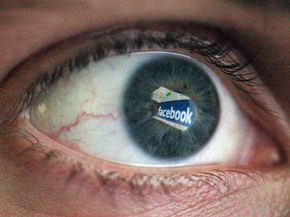In April 2009, Oprah Winfrey logged on to Twitter and sent her first "tweet," taking online social networking out of the hands of the computer-savvy and into the living rooms of every American. These days it seems like everyone and their grandma has a Facebook page, Twitter account or LinkedIn profile. People are logging on every day, obsessively updating their profiles and checking the status updates of their online friends. It's a fun way to pass the time and stay in touch, but can these sites be dangerous? Can you become addicted to social networking?
Social networking is not a new concept. In fact, it's been around as long as we have. A social network is simply the structure of relationships among individuals. Everyone on the planet is part of one big social network, but we also belong to smaller, more distinct subnetworks. We define these subnetworks by criteria like our families, friends, jobs, schools, hobbies and more. You have a social network at work. You have a social network at the dog park by your house. You have a social network with your college friends. You have a social network with your Tuesday night book club. The list goes on and on, and many people in your network may overlap. Additionally, your contacts multiply all the time, as you meet new people through the people in your existing networks.
Advertisement
Social networking Web sites evolved from these face-to-face networks. The online sites, though, are powerful because they harness the strength of the Internet to manage and map out your relationships. You can physically see your network -- your friends, your friends' friends, and so on -- and how you connect with all of them.
Social networking sites allow people to manage their relationships as well as find new ones. Some communities, such as LinkedIn, target professionals. Some, such as the crochet/knitting community Ravelry, target people with specific hobbies. And some, such as Facebook or MySpace, are general interest community sites that allow users to form smaller communities within.
Once you join a social networking site, you may find yourself spending a lot of time there. Is it all in good fun, or can online social networks be addictive?
Advertisement

